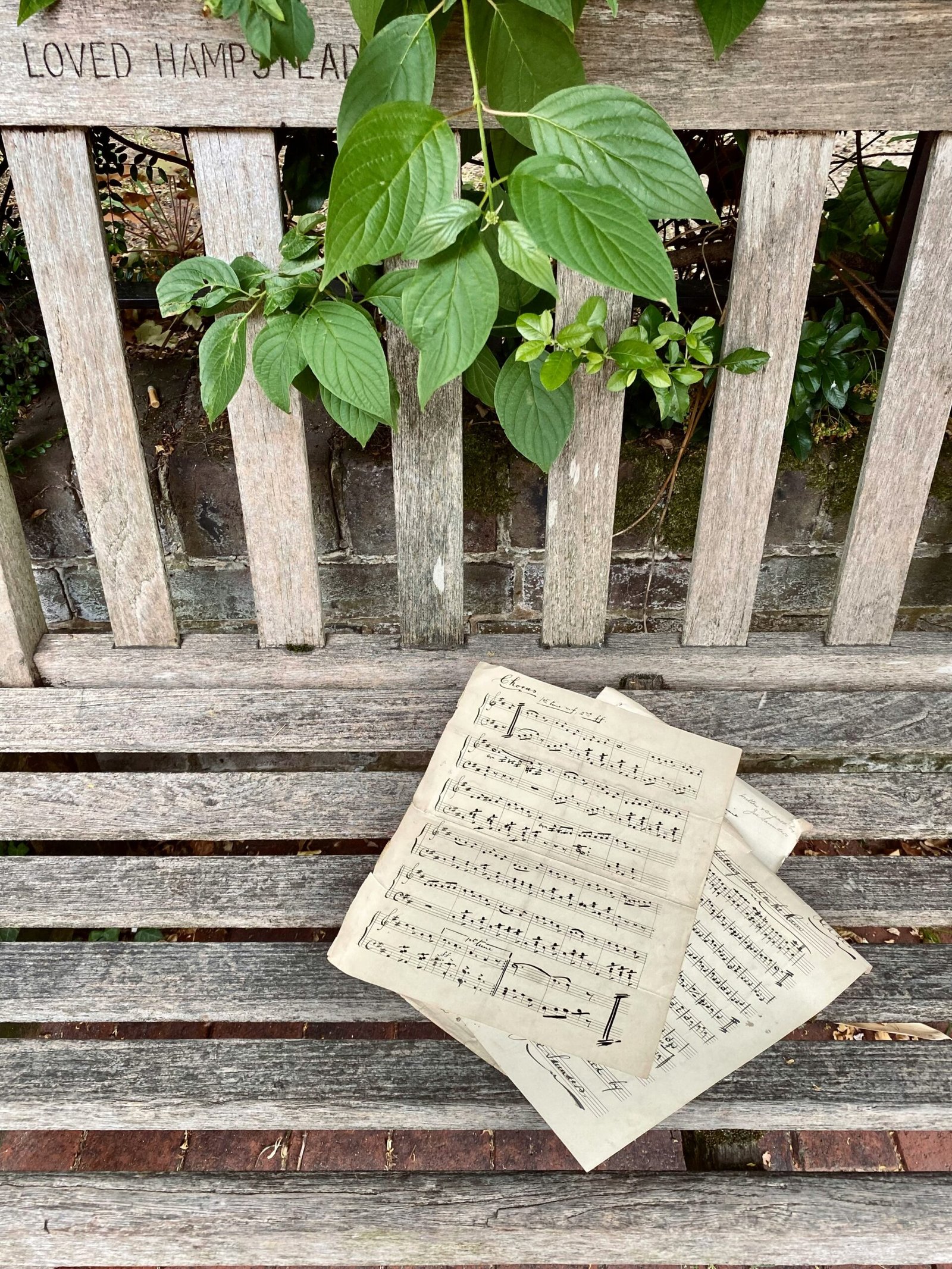Getting Started with Music Production
For those new to music production, the initial step involves selecting the right software and hardware to suit your creative aspirations. Digital Audio Workstations (DAWs) such as Ableton Live, Logic Pro, and FL Studio are popular choices among beginners, each offering unique features that cater to various musical styles. It is advisable to explore trial versions of these programs to find the one that resonates with your workflow. Additionally, investing in a quality audio interface and monitoring headphones or studio monitors can significantly enhance your production experience.
A firm grasp of basic music theory is another vital aspect to consider. Understanding concepts such as scales, chords, and rhythm will provide a solid foundation for your compositions. However, while theory is important, do not let it stifle your creativity. Embrace the ability to experiment, as breaking traditional rules can lead to unique sounds and innovative ideas. Incorporating various genres into your practice can further expand your musical horizons, encouraging you to blend different styles into your own productions.
Establishing an efficient workflow is crucial in sustaining motivation and inspiration. Setting up a structured schedule for practice and exploring new techniques will help establish a productive routine. While it is essential to remain disciplined, it is also important to allow yourself moments of playfulness in your creative process. This balance will foster an environment where exploration thrives, enabling you to discover distinct sounds that captivate your audience.
Common pitfalls to be aware of include perfectionism and comparison to established artists. It is essential to recognize that every musician has their journey, and progress unfolds at different paces. Regularly seeking out new sources of inspiration, such as online tutorials, workshops, and collaboration with other musicians, can keep your creative juices flowing and help you overcome any stagnation you might encounter in your learning journey.
Enhancing Your Skills: Techniques and Best Practices
To thrive in the music-making realm, it is essential to familiarize oneself with advanced techniques that encompass sound design, mixing, and mastering. Sound design forms the foundation of unique music production, encouraging the exploration of various instruments, synthesizers, and software during sessions. By experimenting with different sound textures and manipulating samples, aspiring musicians can cultivate a distinct sonic identity that sets their work apart.
When it comes to mixing and mastering, the goal is to achieve a polished and professional sound. Musicians should invest time in understanding the fundamental mixing techniques, such as equalization, compression, and reverb. This knowledge allows for the enhancement of different audio elements within a track, ensuring clarity and balance. Practical exercises like mixing various tracks can refine these skills. Additionally, mastering techniques fine-tune the overall sound, optimizing it for playback across diverse platforms and formats, fostering a wider audience reach.
Collaboration is another vital aspect of music-making. Partnering with other musicians can introduce fresh perspectives, ideas, and styles that elevate the quality of a project. Engaging in collaborative sessions allows for the exchange of creative processes, skills, and constructive feedback which can refine one’s work. However, it is equally important to remain open to feedback and self-critique. Evaluating finished pieces critically aids musicians in identifying areas for improvement and growth.
To remain competitive, continual learning is crucial. Staying updated on industry trends and technological advancements through workshops, online courses, or networking events fosters a vibrant creative environment. Furthermore, subscribing to music production blogs and following industry-leading musicians on social media can provide invaluable insights that inspire and motivate. By integrating these practices into a regular routine, musicians can consistently enhance their skills and nurture their creative potential.

